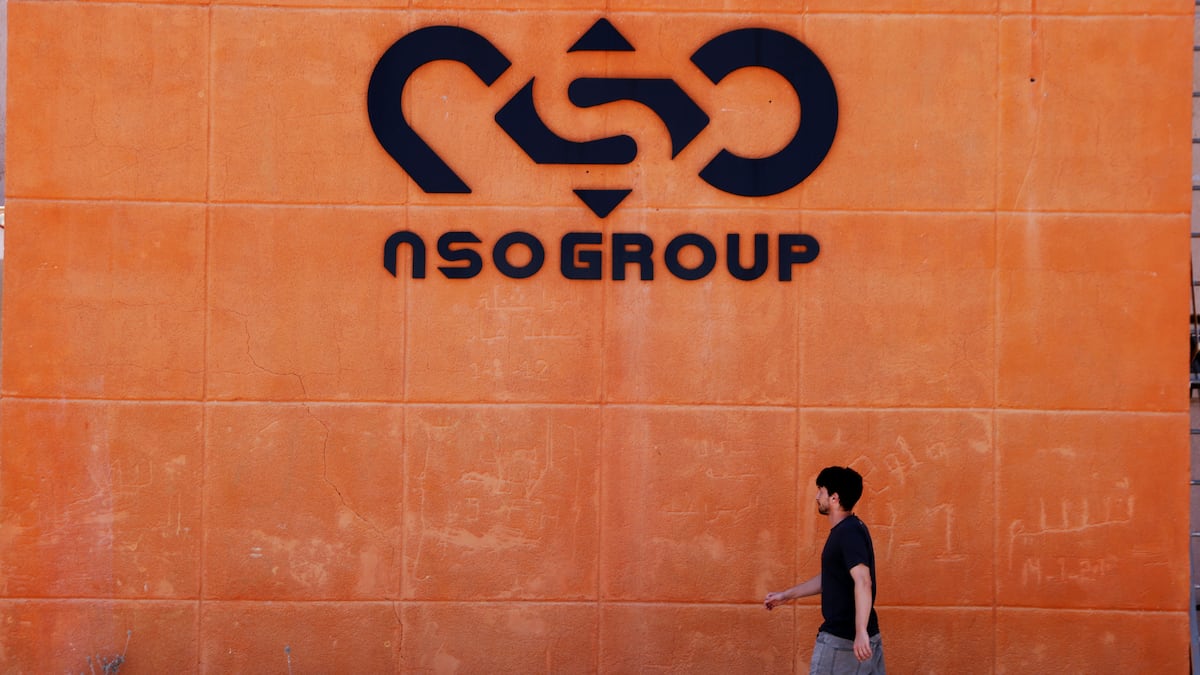iPhones of nine US diplomats hacked with spyware | Technique

The iPhones of at least nine US State Department employees were hacked by an unknown attacker using sophisticated spyware developed by Israel-based NSO Group, according to four sources familiar with the matter. Two sources said the attacks in recent months had targeted US diplomats in Uganda or had focused on issues related to the East African country. The breaches, reported exclusively by Reuters, represent the widest known breach of NSO technology by US officials.
In 2019 it was published List of potential targets of this spyware program, but it is not clear that all hacking attempts were successful. Reuters was unable to determine who carried out the latest attacks. NSO Group said in a statement on Thursday that it had no indication that its tools were used in the action, but it has rescinded access to the clients involved and announced an investigation. “If our investigation shows that NSO tools were used in these actions, the responsible customer will be terminated and legal action will be taken,” a spokeswoman said, adding that NSO will also cooperate with authorities.
NSO has long said that it sells its products only to governments and intelligence agencies, to help them monitor security threats, and that it is not directly involved in surveillance operations. Neither officials from the Ugandan embassy in Washington nor an Apple spokesperson wanted to comment on the information. A State Department spokesperson also declined to comment on the hacks, but instead referred to the Commerce Department’s recent decision to put the Israeli company on a list of hard-to-do-to-deal with US companies.
NSO’s software is capable of not only capturing data, messages, encrypted photos and other confidential information from infected phones, but also turning them into recording devices to monitor their surroundings, according to product manuals reviewed by Reuters. In the alert Apple sent to affected users, the company that created this program was not mentioned. Among the victims were US citizens who could easily be identified as government employees because they associated email addresses ending in state.gov (used by US officials) with their Apple ID, according to two of the sources cited by Reuters.
Demand against NSO
they and Other people from different countries Those alerted by Apple were hacked thanks to a system vulnerability that Apple didn’t know about or fix until September. Since at least February, this bug software It allowed some NSO customers to control iPhones simply by sending iMessage requests to the device, according to the researchers. The victims didn’t even need to interact with the ad for the hack to be successful. A copy of the NSO monitoring software known as Pegasus was then installed on their phones.
Last November, the same day Apple announced that it would inform victims of these attacks, the company sued NSO Group, accusing it of helping its customers hack their mobile operating system. NSO responded that its technology helps curb terrorism and that they have put in place controls to prevent espionage against innocent targets. For example, NSO says its snooping system cannot work on phones with US numbers beginning with the country code +1. However, Ugandan officials had phones registered abroad, and thus the country code was different.
Elections in Uganda this year indicated irregularities and government repression. US officials have tried to meet with opposition leaders, infuriating the Ugandan chief executive, although Reuters says it has no evidence that the hacking is linked to the electoral process.
NSO’s most popular clients include Saudi Arabia, United Arab Emirates and Mexico. Export licenses to the company, which has close ties to Israel’s defense and intelligence communities, must be approved by the Israeli Ministry of Defense, to sell its technology internationally. The Israeli embassy in Washington, in a statement, said that spying on US officials would constitute a serious violation of its rules. “Cyber products such as those mentioned can only be exported to governments for purposes related to combating terrorism and serious crime,” a spokeswoman said.
You can follow EL PAÍS TECNOLOGÍA at Facebook social networking site And Twitter Or sign up here to receive semanal . newsletter.

“Award-winning zombie scholar. Music practitioner. Food expert. Troublemaker.”









